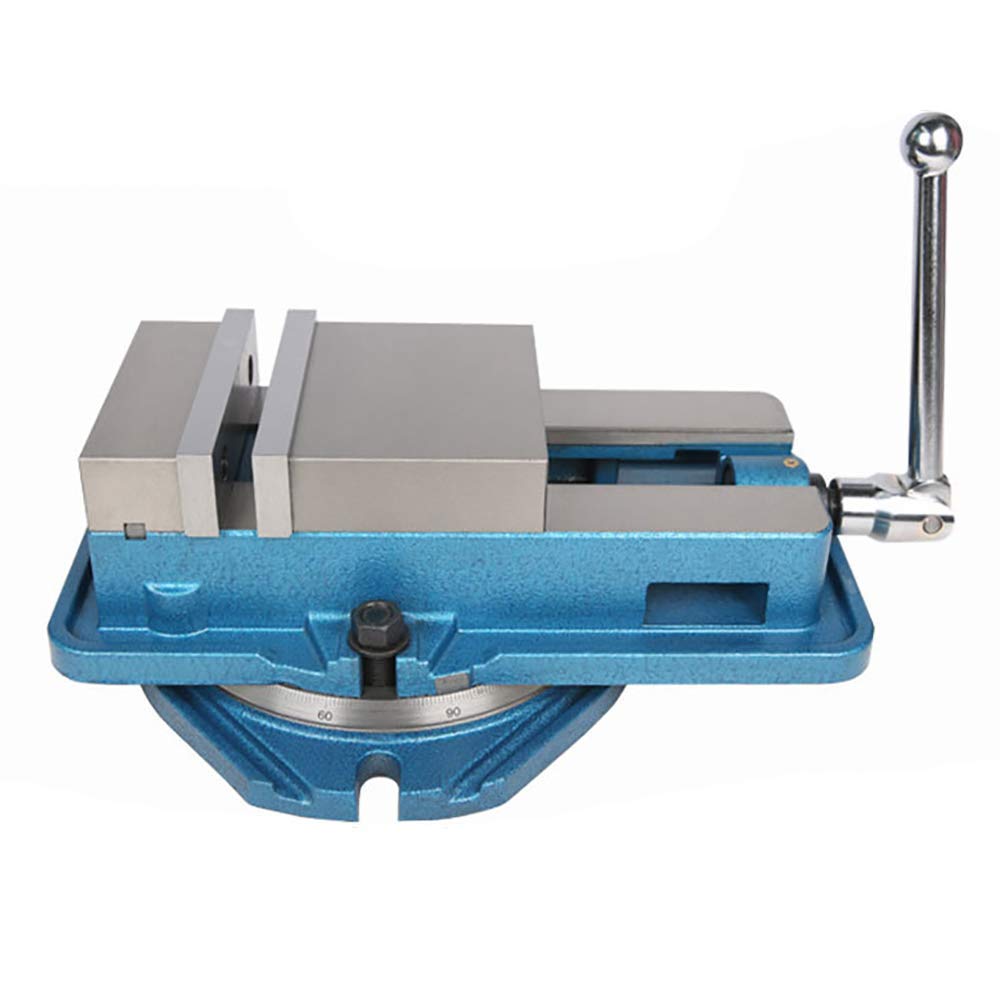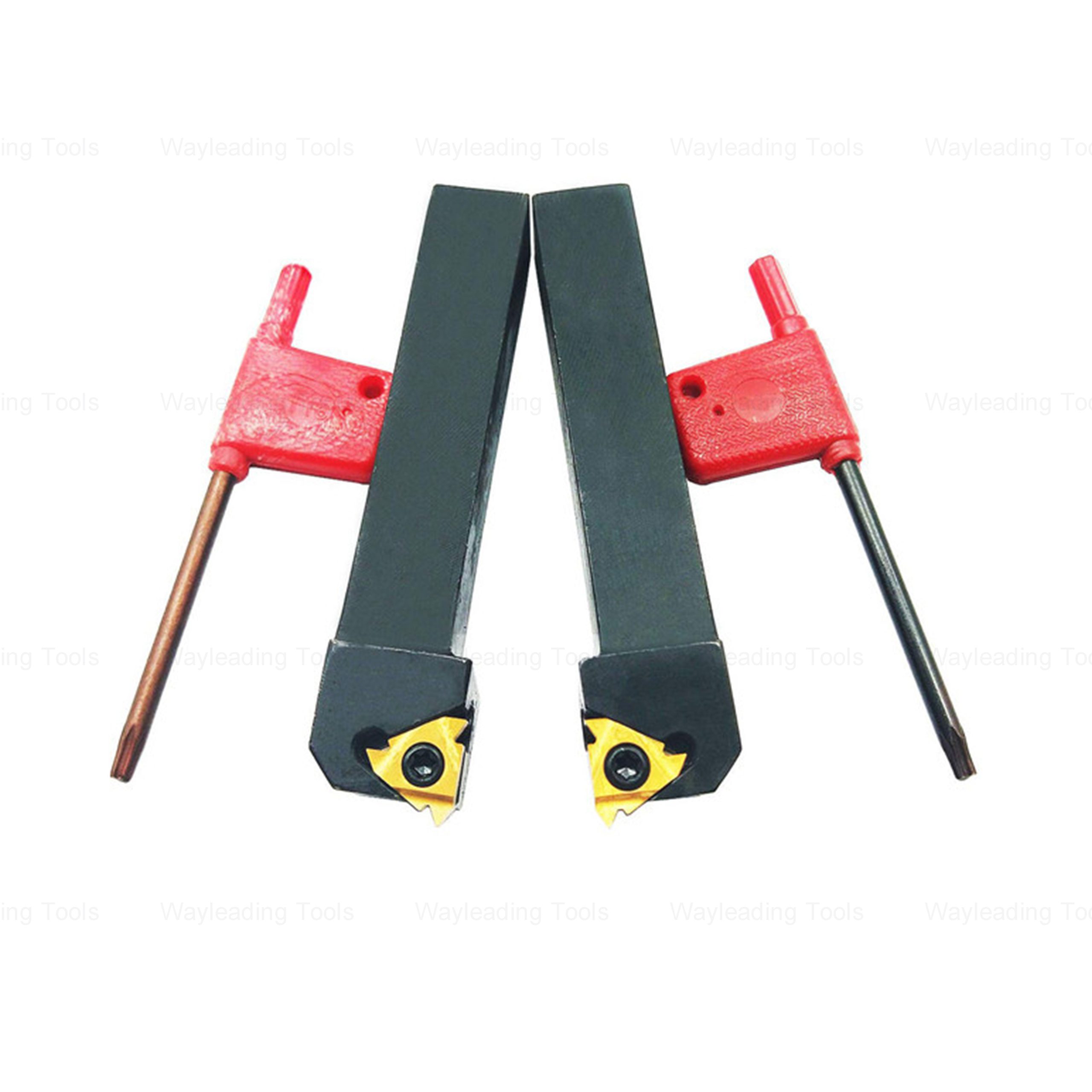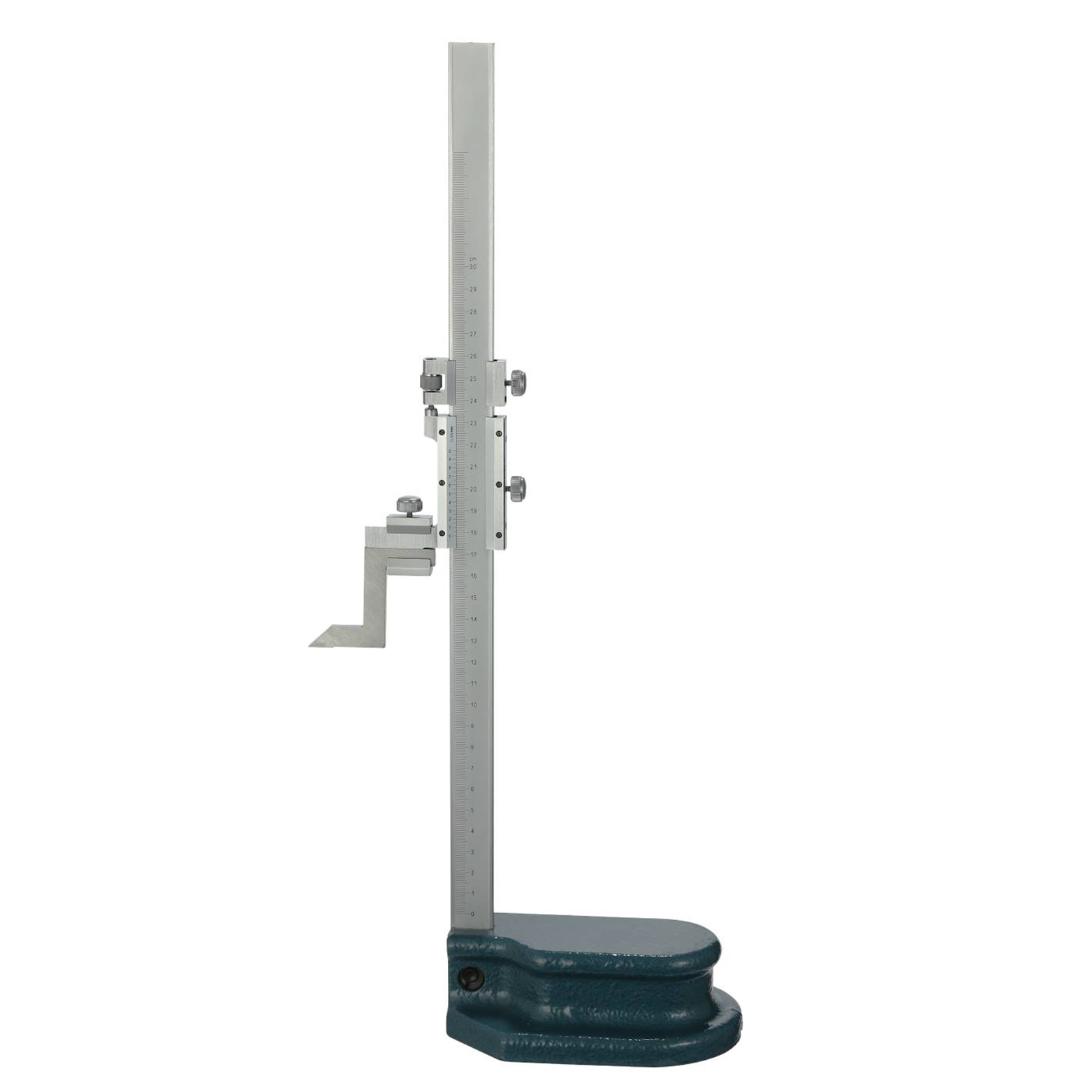Wholesale Threading Taps
Wholesale threading taps are essential tools for creating internal screw threads in various materials. This guide provides a comprehensive overview of threading taps, covering types, materials, applications, and factors to consider when selecting the right tap for your needs. Whether you're a machinist, engineer, or DIY enthusiast, this resource will help you understand and effectively use threading taps to achieve precise and reliable results.
Understanding Threading Taps
A threading tap is a tool used to create internal threads in a hole, allowing a screw or bolt to be fastened securely. Taps are typically made of high-speed steel (HSS) or carbide and come in various sizes and thread forms, matching the corresponding external threads of screws and bolts. At Wayleading Tools, we understand the importance of high-quality threading tools and offer a wide selection of wholesale threading taps.
Types of Threading Taps
There are several types of threading taps, each designed for specific applications and materials:
- Hand Taps: These are the most common type of tap, used manually with a tap wrench. They typically come in sets of three: taper, plug, and bottoming taps.
- Machine Taps: Designed for use in power-driven machines like drill presses and milling machines, machine taps offer faster and more precise threading.
- Spiral Point Taps (Gun Taps): These taps feature a spiral point that pushes chips forward, making them ideal for through-hole threading.
- Spiral Flute Taps: With spiral flutes, these taps pull chips backward, making them suitable for blind-hole threading.
- Forming Taps (Roll Form Taps): Instead of cutting threads, forming taps displace material to create threads, resulting in stronger threads and longer tool life. These are particularly effective in ductile materials like aluminum and copper.
Materials Used in Threading Taps
The material of a threading tap significantly impacts its performance and lifespan. Common materials include:
- High-Speed Steel (HSS): HSS taps are versatile and cost-effective, suitable for general-purpose threading in various materials.
- Cobalt Steel (HSS-E): Cobalt steel taps offer increased hardness and heat resistance compared to HSS, making them suitable for harder materials like stainless steel.
- Carbide: Carbide taps are the most expensive but offer the highest hardness and wear resistance, ideal for threading abrasive materials like cast iron and hardened steel.
Selecting the Right Threading Tap
Choosing the right wholesale threading tap depends on several factors:
- Material to be Threaded: Harder materials require taps made of cobalt steel or carbide. Softer materials can be threaded with HSS taps.
- Hole Type: Spiral point taps are best for through holes, while spiral flute taps are preferred for blind holes.
- Thread Type: Ensure the tap matches the thread type (e.g., metric, UNC, UNF) and size of the screw or bolt.
- Threading Method: Hand taps are used manually, while machine taps are designed for power-driven machines.
- Tolerance Requirements: For high-precision threading, consider using a high-quality tap with tight tolerances.
Applications of Threading Taps
Threading taps are used in a wide range of industries and applications, including:
- Manufacturing: Creating threaded holes in metal parts for assembly.
- Automotive: Repairing and manufacturing engine components and chassis parts.
- Aerospace: Threading critical components with high precision and reliability.
- Plumbing: Creating threaded connections for pipes and fittings.
- DIY and Home Improvement: Repairing and building projects that require threaded fasteners.
Using Threading Taps Effectively
To achieve optimal results and extend the life of your wholesale threading taps, follow these tips:
- Use the Right Tap Wrench: Ensure the tap wrench is the correct size for the tap and provides a secure grip.
- Apply Cutting Fluid: Use a suitable cutting fluid to lubricate the tap and reduce friction, preventing overheating and extending tool life.
- Start Straight: Ensure the tap is aligned perpendicular to the workpiece to prevent cross-threading.
- Turn Slowly and Steadily: Avoid applying excessive force or speed, which can damage the tap or the workpiece.
- Back Off Regularly: Back the tap off a quarter turn periodically to break chips and prevent clogging.
- Clean Regularly: Remove chips and debris from the tap and the hole to maintain a clean cutting surface.
Troubleshooting Common Threading Issues
Even with the best practices, threading issues can arise. Here are some common problems and their solutions:
- Cross-Threading: Caused by misalignment of the tap. Ensure the tap is aligned correctly and start slowly.
- Tap Breakage: Often due to excessive force or using the wrong tap for the material. Use a tap designed for the material and apply steady, even pressure.
- Chip Clogging: Occurs when chips accumulate in the flutes of the tap. Back off the tap frequently to break chips and use a cutting fluid to flush them away.
- Thread Stripping: Results from using a tap that is too large for the hole or applying excessive torque. Use the correct tap size and avoid over-tightening.
Wholesale Threading Taps from Wayleading Tools
At Wayleading Tools, we offer a comprehensive range of wholesale threading taps to meet your specific needs. Our taps are manufactured to the highest standards, ensuring precision, durability, and performance. We provide HSS, Cobalt Steel, and Carbide taps in various sizes and thread forms. Whether you need taps for hand threading or machine threading, we have the right solution for your application.
Advantages of Buying Wholesale
Purchasing wholesale threading taps offers several advantages:
- Cost Savings: Buying in bulk reduces the cost per tap, providing significant savings for businesses and frequent users.
- Inventory Management: Having a readily available supply of taps reduces downtime and ensures you always have the right tool for the job.
- Consistent Quality: Buying from a reputable supplier like Wayleading Tools guarantees consistent quality and performance across all taps.
Maintenance and Storage of Threading Taps
Proper maintenance and storage are crucial for extending the life of your wholesale threading taps:
- Cleaning: After each use, clean the tap with a brush and solvent to remove chips and debris.
- Lubrication: Apply a thin layer of oil to prevent rust and corrosion.
- Storage: Store taps in a dry, organized manner, away from moisture and contaminants. Tap holders or cases are ideal for protecting taps from damage.
Future of Threading Taps
The future of wholesale threading taps involves advancements in materials, coatings, and designs to enhance performance and efficiency. Expect to see more taps made from advanced materials like powder metallurgy high-speed steel and coated with wear-resistant materials like titanium nitride (TiN) or aluminum titanium nitride (AlTiN). These advancements will enable taps to cut harder materials, last longer, and produce higher-quality threads.
Conclusion
Wholesale threading taps are essential tools for creating internal threads in a wide range of materials and applications. Understanding the different types of taps, materials, and techniques is crucial for achieving precise and reliable results. At Wayleading Tools, we are committed to providing high-quality threading taps and exceptional customer service. Contact us today to learn more about our products and how we can help you meet your threading needs.
Table 1: Comparison of Threading Tap Materials
| Material | Hardness | Heat Resistance | Cost | Applications |
|---|---|---|---|---|
| High-Speed Steel (HSS) | Moderate | Moderate | Low | General-purpose threading in various materials |
| Cobalt Steel (HSS-E) | High | High | Moderate | Harder materials like stainless steel |
| Carbide | Very High | Very High | High | Abrasive materials like cast iron and hardened steel |
References:
Related products
Related products
Best selling products
Best selling products-
 Dial Bore Guage From 6-450mm Range
Dial Bore Guage From 6-450mm Range -
 QM ACCU-Lock Precision Machine Vises With Swivel Base
QM ACCU-Lock Precision Machine Vises With Swivel Base -
 Auto Self Reversible Tapping Chuck In Drill Machine
Auto Self Reversible Tapping Chuck In Drill Machine -
 HSS Inch Taper Shank Twit Drills For Metal Cutting Of High Precision
HSS Inch Taper Shank Twit Drills For Metal Cutting Of High Precision -
 DIN338 HSS Twist Drill Bit Fully Ground Or TiN Coated
DIN338 HSS Twist Drill Bit Fully Ground Or TiN Coated -
 Precision Vernier Caliper Of Metric & Imperial For Industrial
Precision Vernier Caliper Of Metric & Imperial For Industrial -
 Inch HSS 1/2″ Reduce Shank Drill Bit For Metal Cutting Of High Precision
Inch HSS 1/2″ Reduce Shank Drill Bit For Metal Cutting Of High Precision -
 Indexable External Threading Tool Holder – SER / SEL, Metric & Inch
Indexable External Threading Tool Holder – SER / SEL, Metric & Inch -
 Type K-90 Degree Cone Tungsten Carbide Rotary Burr
Type K-90 Degree Cone Tungsten Carbide Rotary Burr -
 Vernier Height Gauge For Industrial
Vernier Height Gauge For Industrial -
 Indexable Spade Drill Holder With Helical Flute Holder And Taper Shank
Indexable Spade Drill Holder With Helical Flute Holder And Taper Shank -
 Precision Outside Micrometer Of Inch & Metric With Rachet Stop
Precision Outside Micrometer Of Inch & Metric With Rachet Stop










